One and a half years and eight new habits: What has the war changed in Ukrainians' lives?
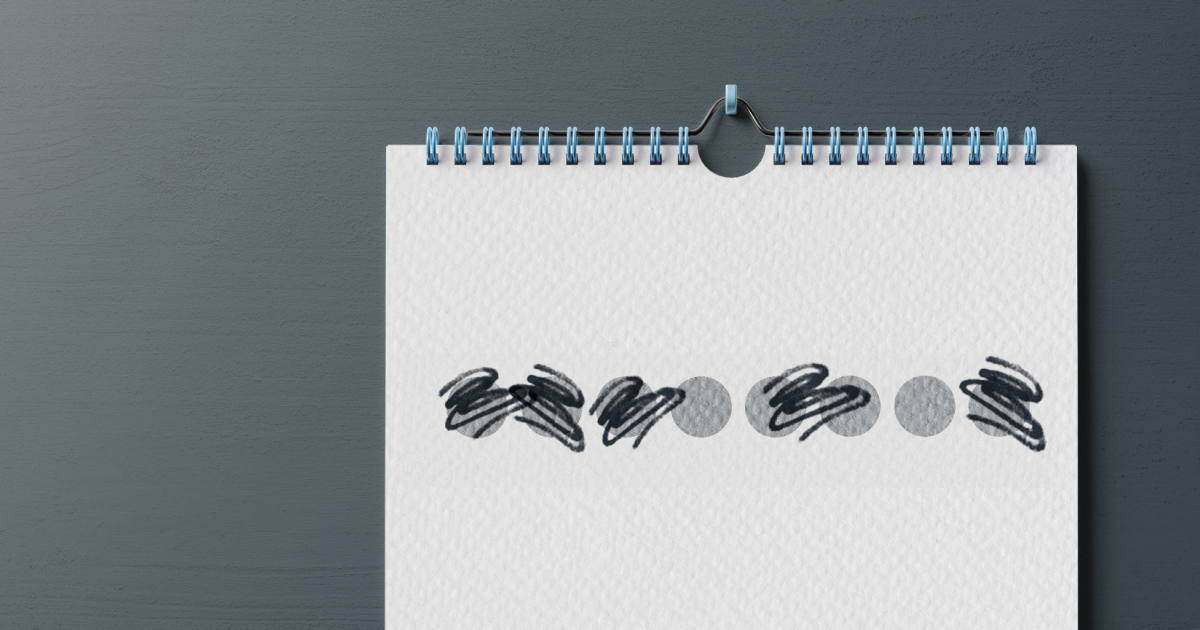
Eighteen months ago, Russia launched a full-scale invasion of Ukraine. The psycho-emotional state of Ukrainians, their views on life, politics and faith, their economic situation, employment, and for some, their housing or the very fact of its existence, have changed.
These changes are individual for everyone, but there are new habits that have become commonplace for the majority of the population.
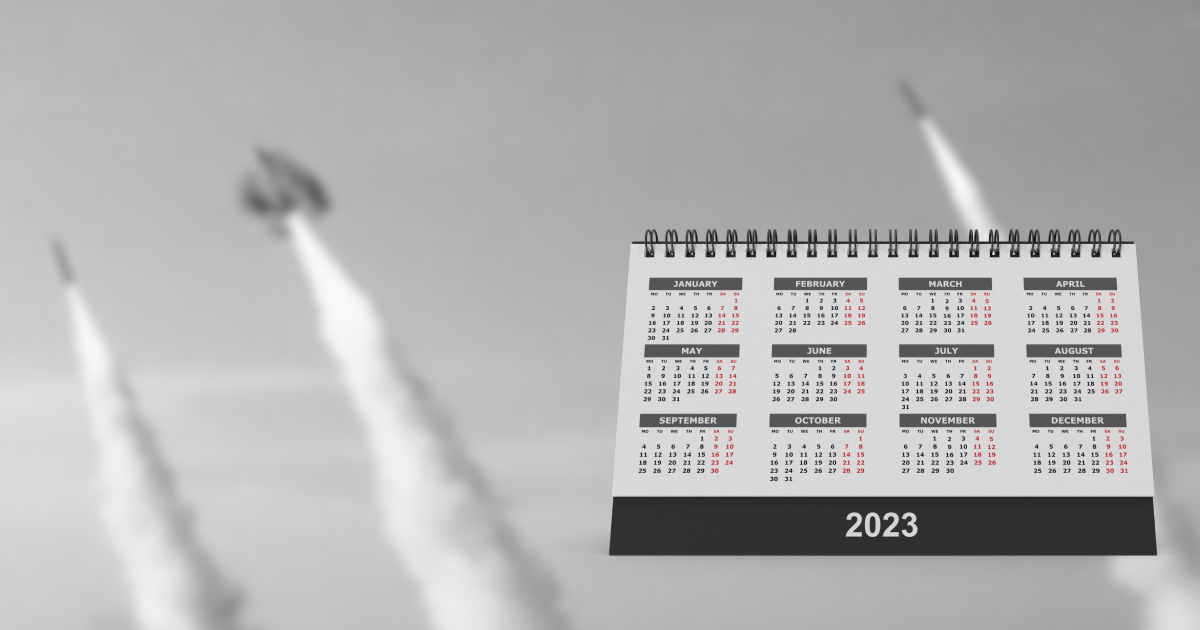
Public holidays
Every public holiday or symbolic historical date now means an increased risk of Russian attacks. Instead of a festive Independence Day parade on Khreshchatyk, there is an exhibition of destroyed equipment. Instead of concerts and celebrations, citizens are urged to stay home and respond to air raid alerts.
A year ago, on Independence Day, Russians fired five missiles at the village of Chaplyne in the Dnipropetrovsk region. They hit passenger cars at the railway station, killing 25 people, including two children. In the Kharkiv region, 20 settlements were shelled, and eight missile strikes were launched at Zaporizhzhia, Myrhorod, and Shepetivka.
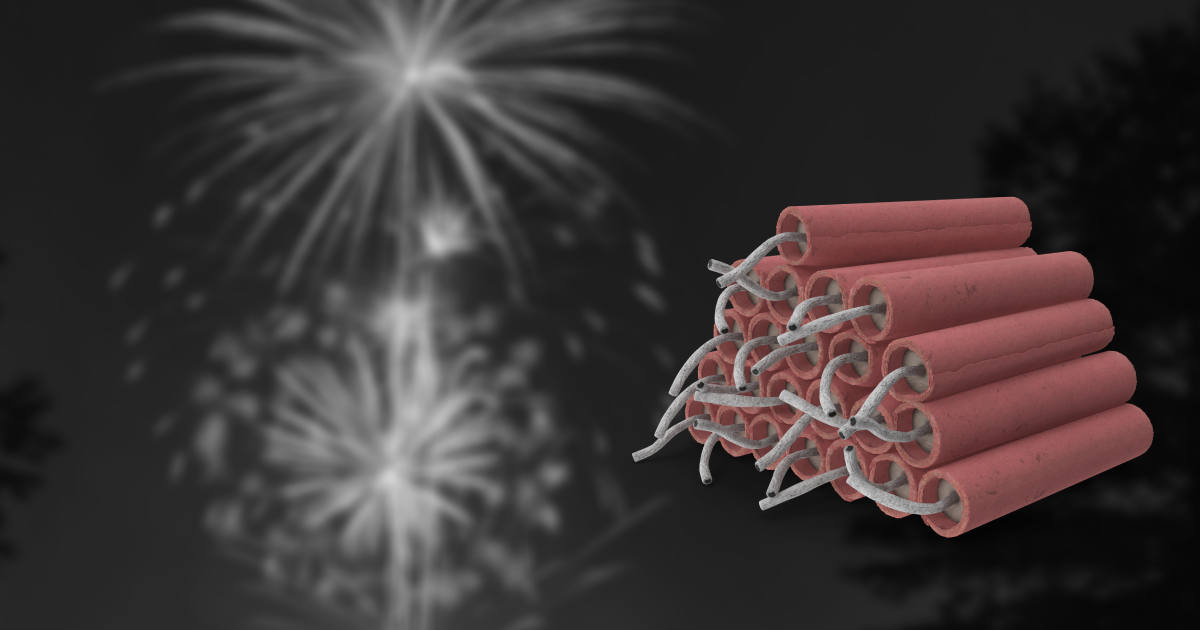
Fireworks, firecrackers and salutes
You won't see any of this in Ukraine. This is not post-traumatic stress disorder because traumatic events occur here and now. The triggers are fireworks resembling explosions and the noise of motorcycles, the rumble of refrigerators and other loud household sounds.
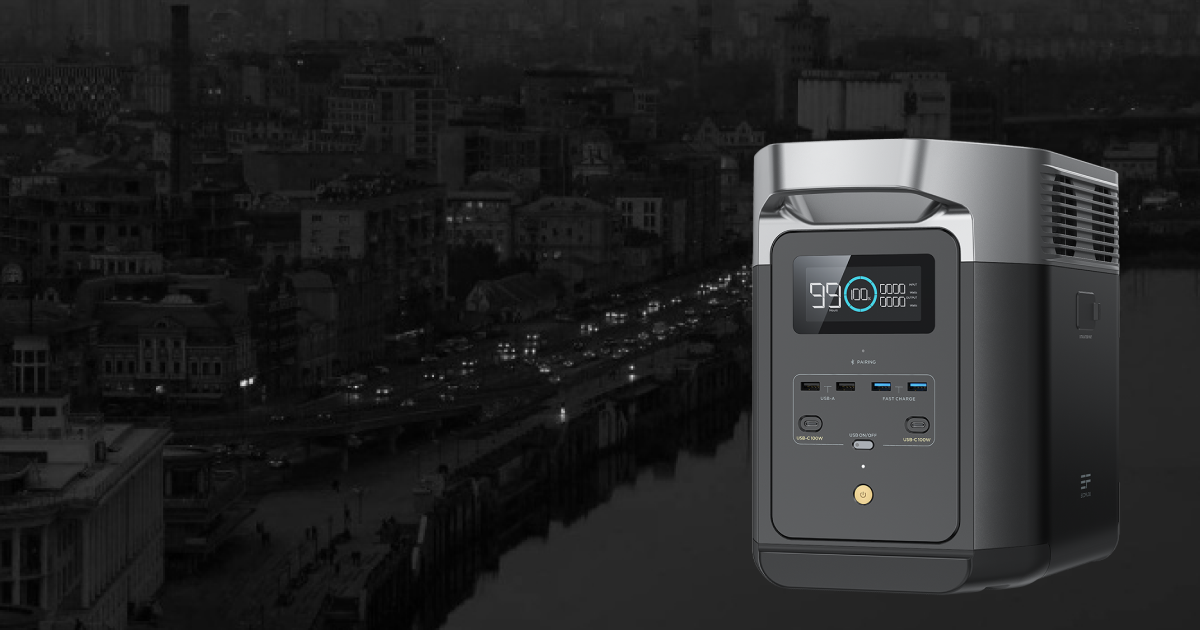
Getting ready for winter
Christmas trees, decorations and gifts are no longer a priority. Ukrainians are preparing for winter by buying power banks, warm clothes, lanterns and candles. And only those Christmas lights that will work autonomously.
Between last autumn and spring, Russian troops launched 15 massive missile attacks and 18 drone attacks on Ukraine's energy infrastructure. Throughout the autumn and winter, Ukraine lived according to blackout schedules.
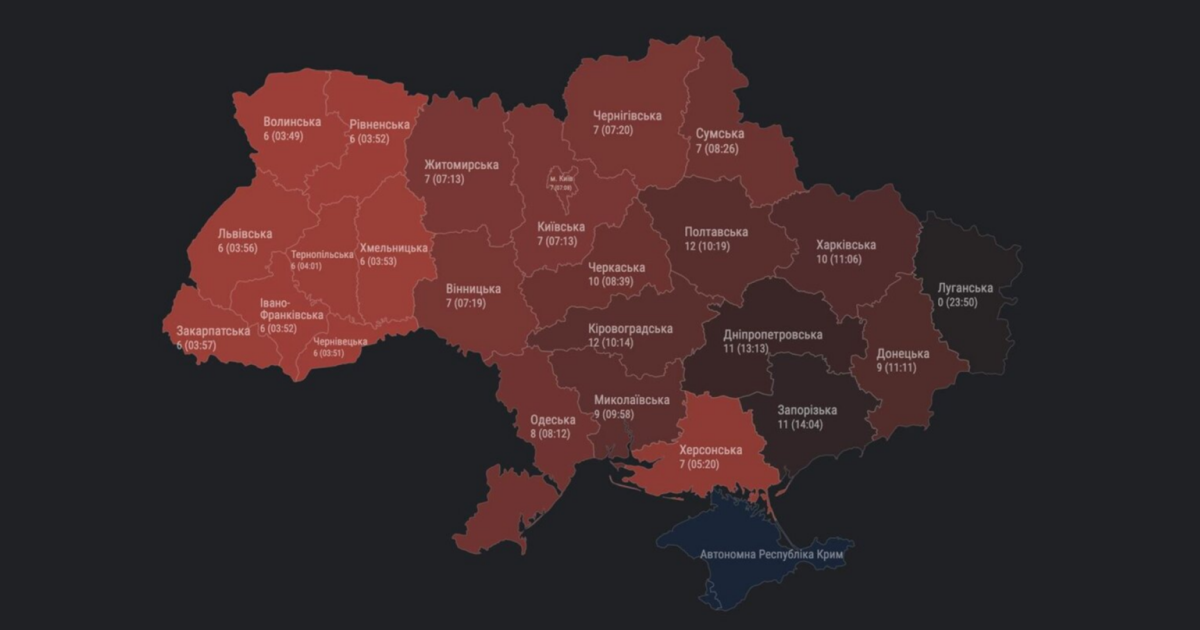
New mapping
How often do you look at a map of your country? Ukrainians do every day, but these maps show not tourist routes but the spread of air raids, the front line, bomb shelters, invincibility centres where you can charge your phones, and the duration of curfews in different regions.
Statistics have also changed, with regular updates. While the WHO cancelled the COVID-19 pandemic status in May 2023, Ukrainians have been following the losses of the Russian army at the frontline rather than the dynamics of the disease since February 24.
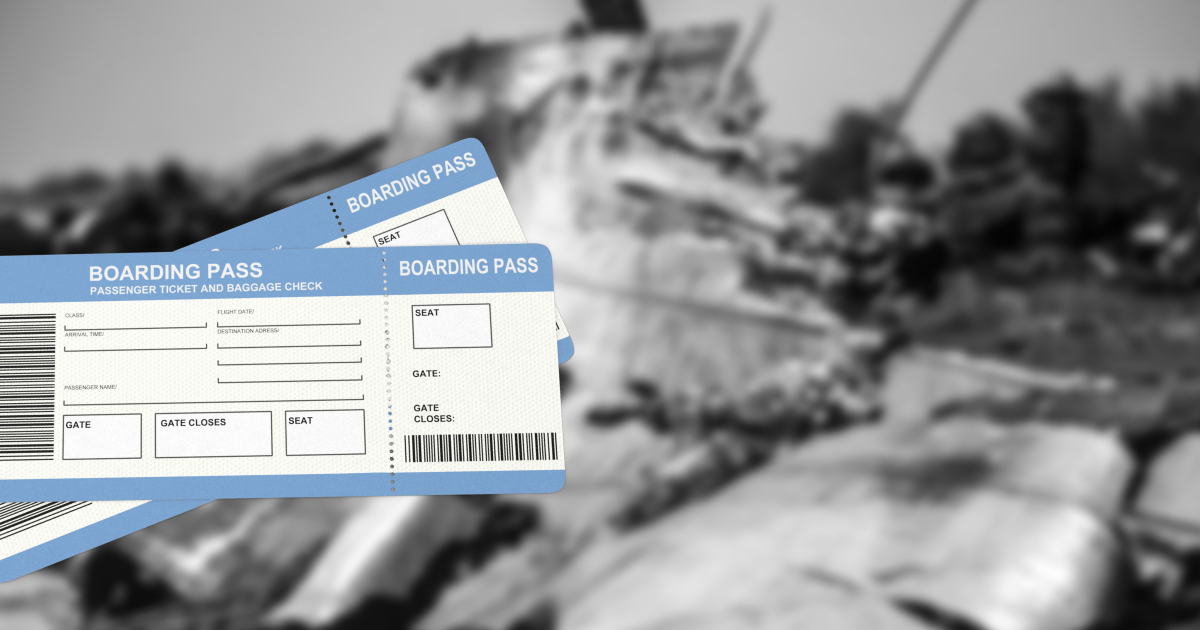
Civil aviation
Previously, Ukrainians could fly to any European capital in a few hours. Today, crossing the border means hours of waiting in trains, buses and cars.
Since February 24, 2022, civil aviation has not been operating because it is a target for Russian terrorists. In 2014, in the Donetsk region, Russian-controlled militants shot down a passenger plane, flight MH17, en route from Amsterdam to Kuala Lumpur, with a Russian Buk missile. Two hundred ninety-eight people on board were killed.

Checking for Russians
Before adding a new track to your playlist, you need to check its authors to ensure they are not funding Russia. This applies not only to music consumption but also to all types of content, the approach to new collaborations, and the use of images, fonts, or subscriptions to influencers. Ukrainians have even developed unique apps on their phones to tell if a product is made in Russia.

The culture of donations
Fundraising for the army or to help those affected by the war is ongoing, and donations have become a new habit. Many concerts and fairs are organised to raise funds. Ukrainian businesses are adapting and adding regular donation features whenever you order a taxi or buy groceries in a supermarket.
The new ethics of social media is when you see a post with a collection, like it, write a comment, repost it, and donate if possible.
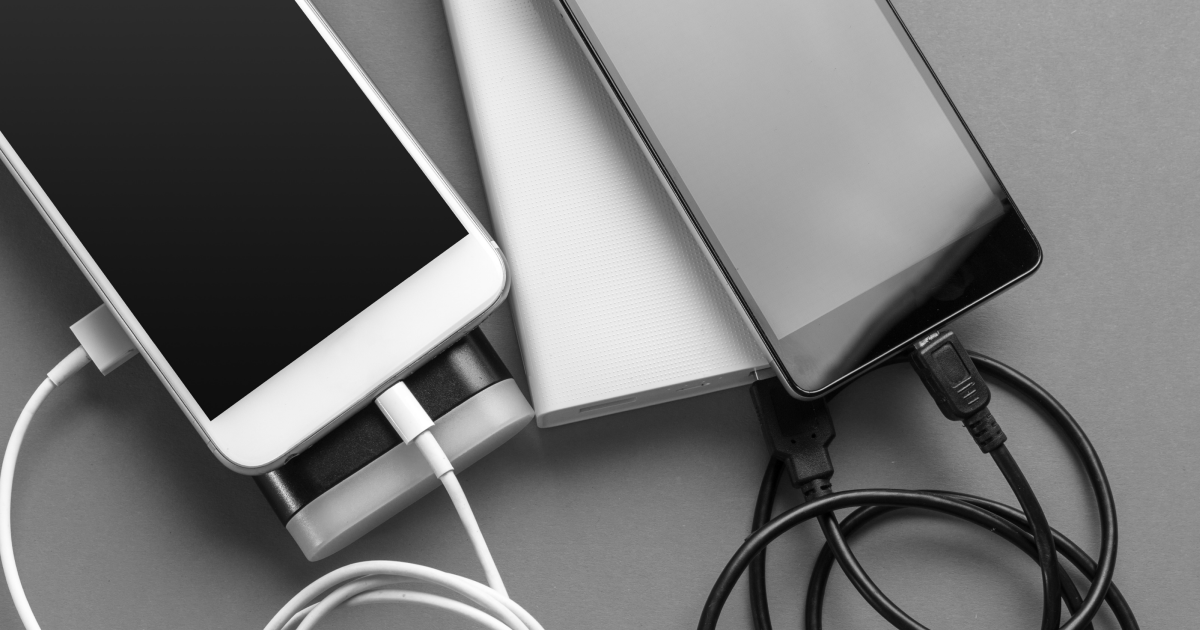
Social media culture
This is worth a separate paragraph. Ukrainians have developed unwritten rules and a new social contract using personal pages. First, it is a powerful tool for spreading information about the war. Secondly, one has to be careful not to spread fake news or showcase strategic objects.
In addition, the approach to publicising joyful moments can be accompanied by guilt over civilians' entertainment in the rear.
For people living under temporary occupation, social media can be life-threatening. It is necessary to delete photos with flags, unsubscribe from Ukrainian media or use two phones.
The development of habits indicates adaptation to new conditions. The shock and collective panic stage passed last year, so it's natural for people to get married in Kharkiv, visit restaurants in Kyiv and visit stand-ups in Odesa.
This does not mean that there is no more war because Ukrainians will return home before the curfew starts, and in the morning, they will read the daily report of the General Staff of the Armed Forces of Ukraine on the situation on the battlefield. And these are the ones who will be lucky enough to wake up because their city has not been shelled and a Russian missile has not hit their apartment.


